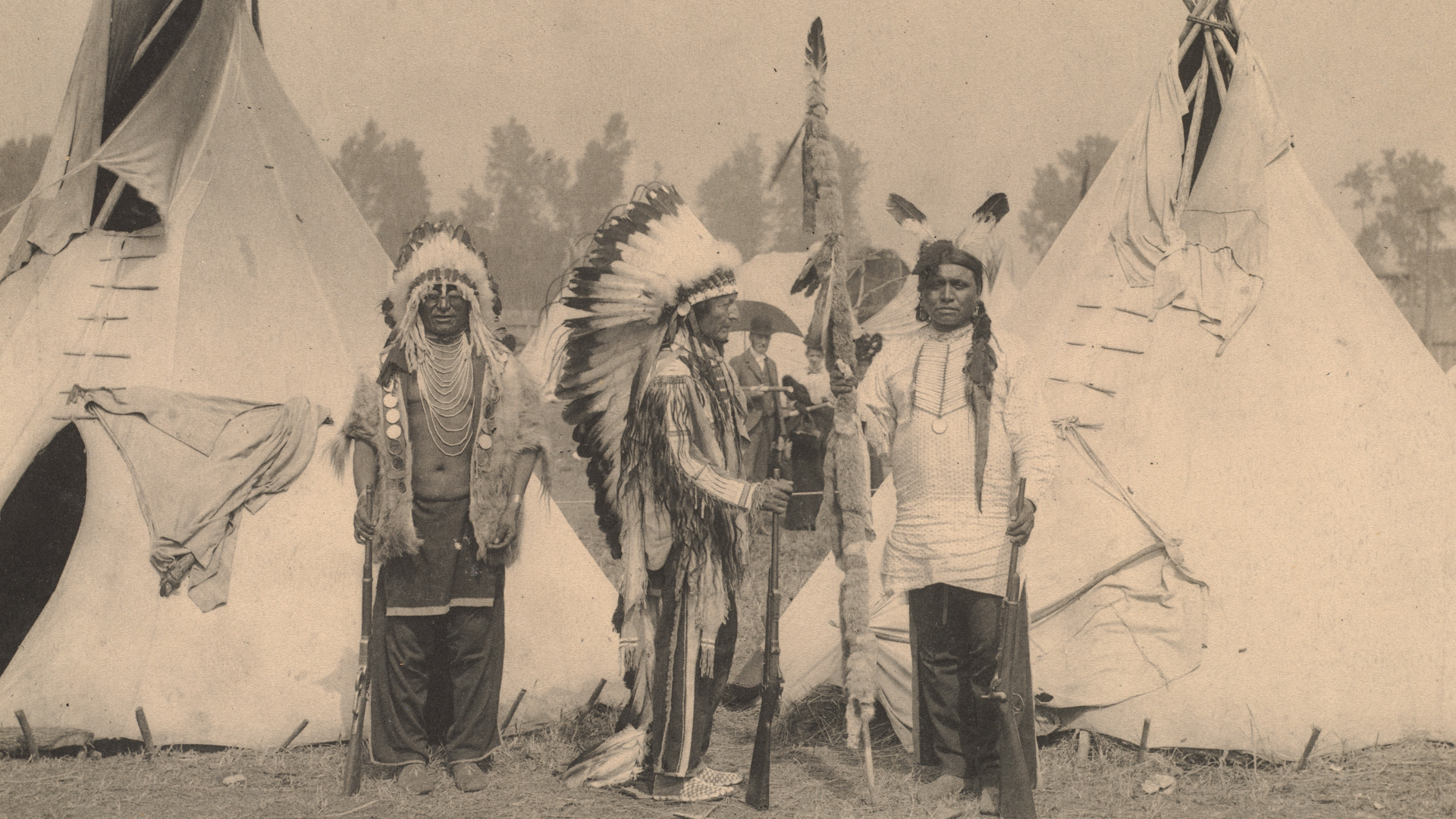The history of Native Americans has often been left out of US school curriculums or portrayed inaccurately. In Connecticut that is about to change.
Despite Connecticut getting its name from an Algonquian word (one of the most widespread Native American language groups), there has long been an absence in the state’s taught history that is heavily felt by its native tribes.
However, a new law passed this year will make the teaching of Native American studies compulsory in curriculums – starting with the 2023-2024 school year.
This has been the long-running goal of Native American tribes all over the country, who felt their history has largely been underrepresented and misrepresented.
‘To not learn about the Eastern woodland tribes, the tribes that Connecticut was founded on, (that) was the issue that we were pressing,’ said Rodney Butler, chairman of the Mashantucket Pequots, one of Connecticut’s local tribes.
Connecticut is not the only state to be making advances; North Dakota has recently seen the ratification of a law that requires all elementary and secondary schools to include Native American tribal history in their curriculum.
In 2019, Oregon also passed similar legislation to provide “historically accurate, culturally embedded, place-based, contemporary, and developmentally appropriate” in five subject areas.
A report from the National Congress of American Indians found nearly 90% of states said they had efforts underway to improve the quality and access to Native American curriculum.
VP of the National Congress of American Indians, Aaron Payment believes that Native American Studies should be incorporated across curriculum, and not taught “just at Thanksgiving, where it’s a condensed sort of module.
Despite recent momentum of conversations around racial injustice following the killing of George Floyd, these developments still face many obstacles.
Miguel Cardona, Connecticut’s Education Commissioner and now US Education Secretary, agreed with the importance of teaching about Native Americans but highlighted the struggle of underfunded schools in implementing other mandated courses.




















